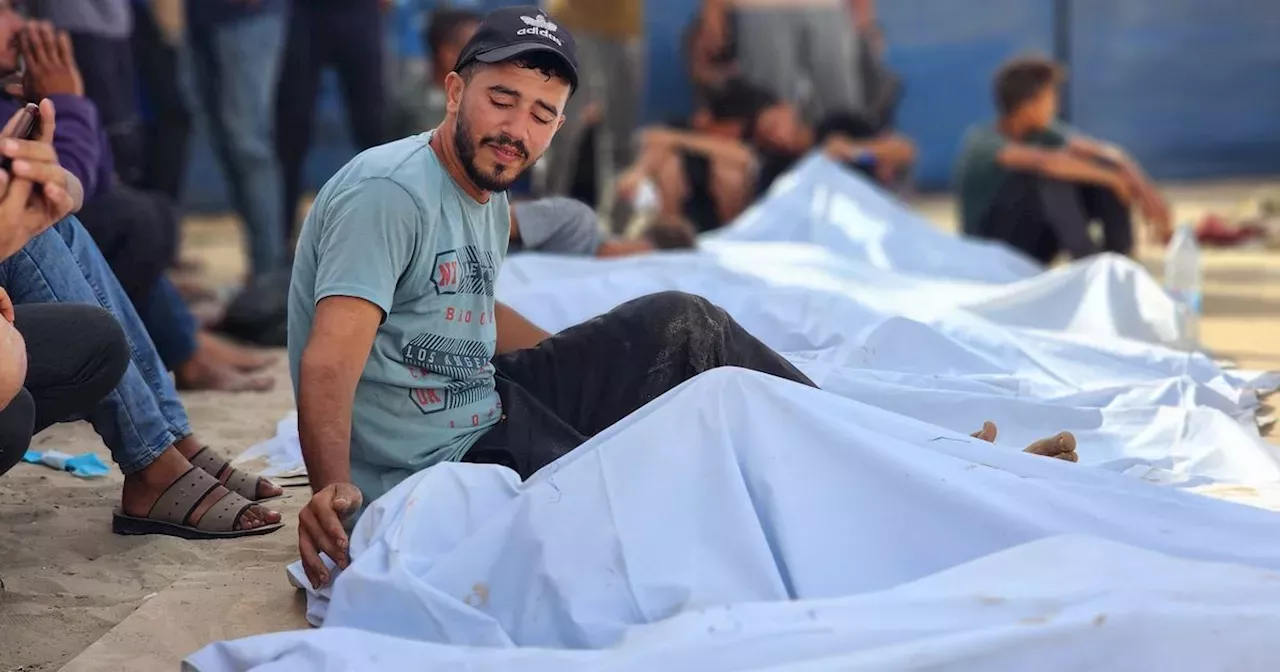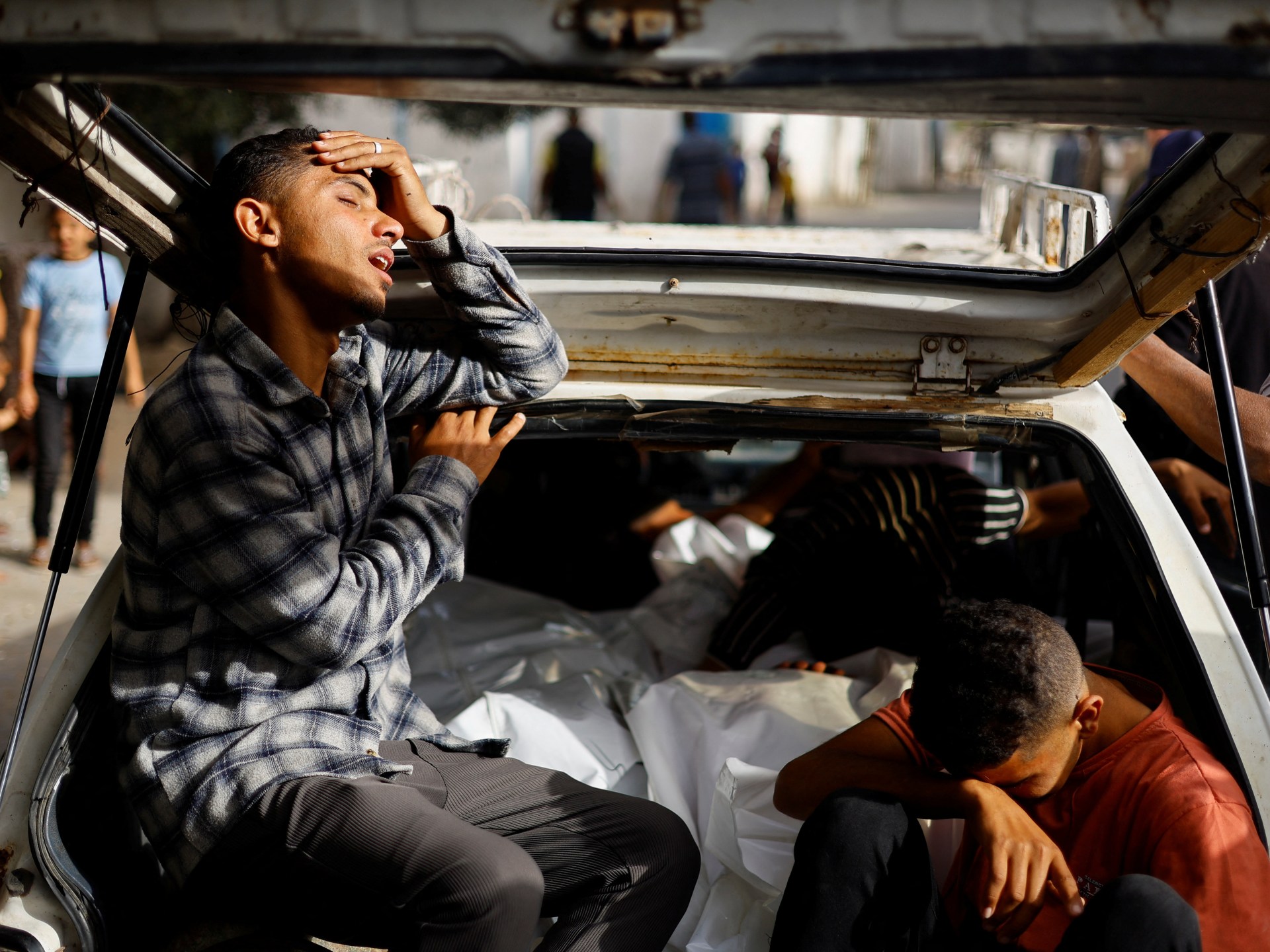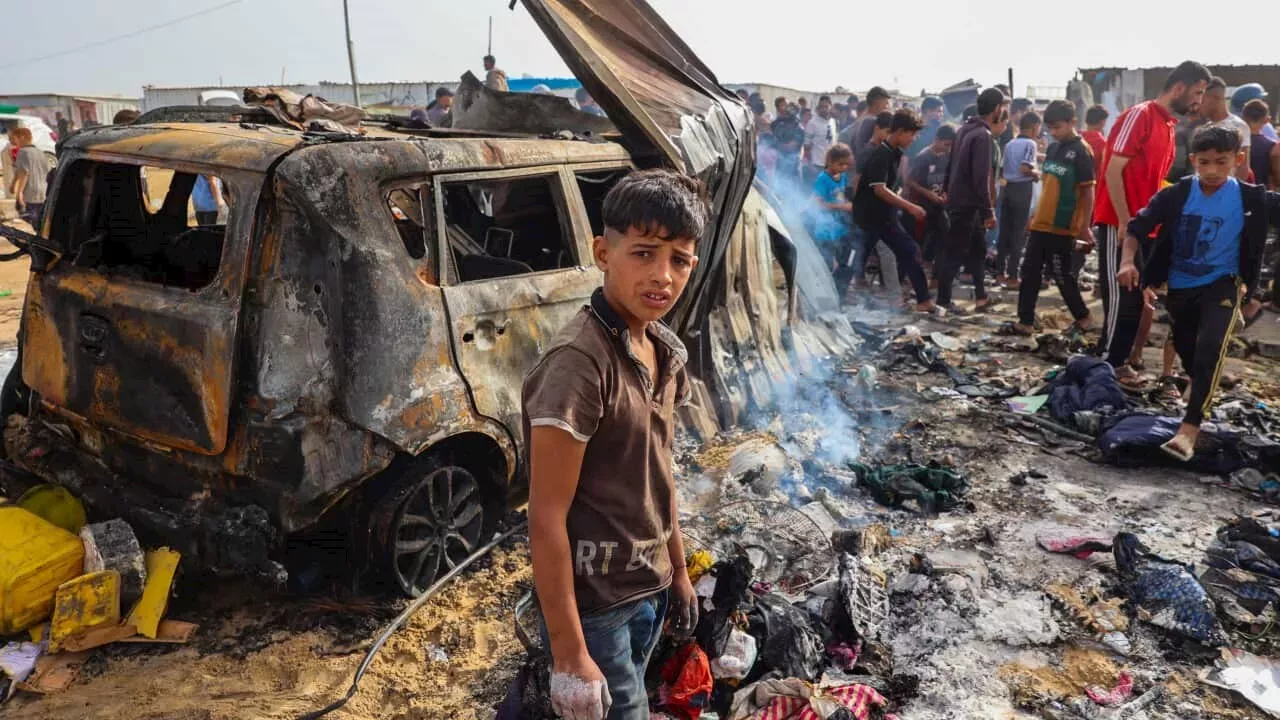Historical Context and Background

Tent massacre rafah – The Tent Massacre in Rafah, also known as the Rafah Massacre, was a tragic incident that occurred on January 17, 2008, in the southern Gaza Strip. The event took place during the Gaza War, a conflict between Israel and Hamas, and involved the killing of 25 Palestinian civilians, including 12 children.
The massacre occurred in the Al-Fakhari neighborhood of Rafah, where hundreds of Palestinian families had sought refuge from the fighting in makeshift tents. Israeli forces fired artillery shells into the area, claiming that they were targeting militants. However, the majority of the victims were civilians, and the incident sparked widespread international condemnation.
Significance and Impact
The Tent Massacre in Rafah was a significant event in the ongoing conflict between Israel and Palestine. It highlighted the human cost of the war and raised questions about the use of disproportionate force by the Israeli military. The incident also contributed to the growing international pressure on Israel to end the conflict and find a peaceful solution.
Victims and Aftermath

The massacre at the Rafah refugee camp resulted in the tragic loss of 103 Palestinian lives. Among the victims were 58 children, 23 women, and 22 men. The youngest victim was a 6-month-old baby, and the oldest was a 70-year-old woman.
The immediate aftermath of the massacre was chaotic and devastating. Local authorities struggled to cope with the scale of the tragedy, and international organizations and the media condemned the attack. The survivors were left traumatized and in need of medical attention, psychological support, and basic necessities.
The long-term effects of the massacre continue to be felt by the survivors and the families of the victims. Many survivors suffer from physical and psychological injuries, and they struggle to rebuild their lives. The families of the victims have been left with a profound sense of loss and grief, and they continue to demand justice for their loved ones.
International Response, Tent massacre rafah
The international community responded to the massacre with outrage and condemnation. The United Nations Security Council passed Resolution 1322, which called for an immediate ceasefire and an investigation into the incident. The European Union and the United States also condemned the attack and called for an end to the violence.
The massacre at the Rafah refugee camp was a tragedy that had a profound impact on the lives of the survivors and the families of the victims. The international community condemned the attack and called for an end to the violence.
Investigation and Accountability: Tent Massacre Rafah

In the aftermath of the Tent Massacre in Rafah, multiple investigations were launched to uncover the truth behind the tragedy and hold those responsible accountable.
One of the most significant investigations was conducted by the United Nations Human Rights Council (UNHRC). The UNHRC investigation concluded that the Israeli military had used excessive and disproportionate force against the Palestinian civilians, resulting in the deaths of 103 people, including 27 children.
Accountability
Despite the findings of the UNHRC investigation, no Israeli soldiers or officials have been held accountable for the Tent Massacre in Rafah. The Israeli government has refused to cooperate with international investigations and has consistently denied any wrongdoing.
The lack of accountability for the Tent Massacre in Rafah has been a major source of frustration and anger for the Palestinian people. They have called on the international community to pressure Israel to hold those responsible accountable and to provide justice for the victims.